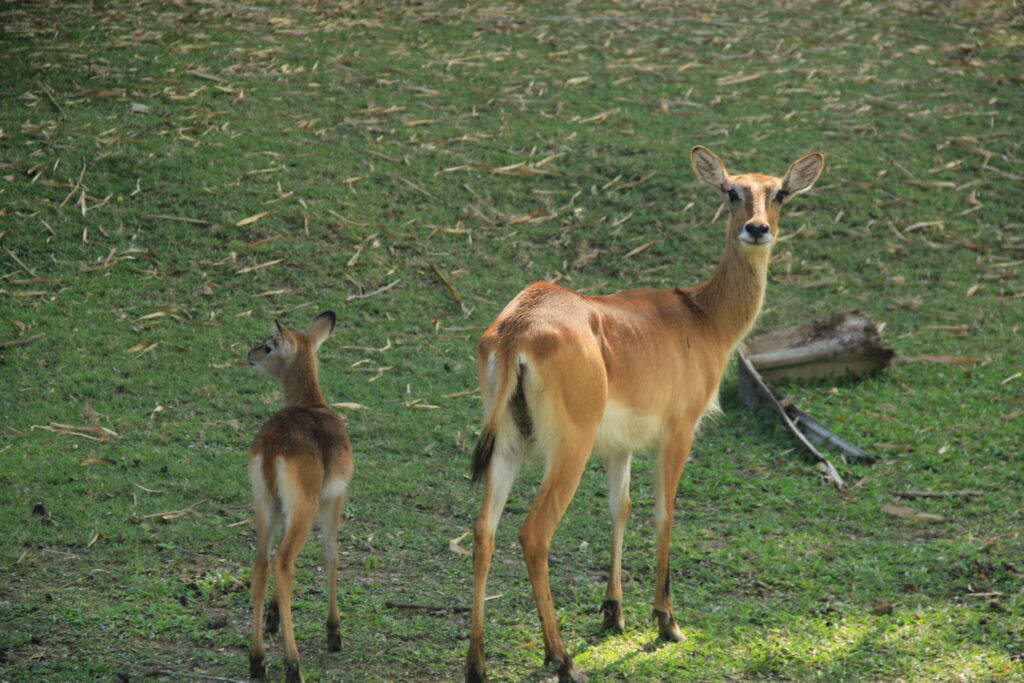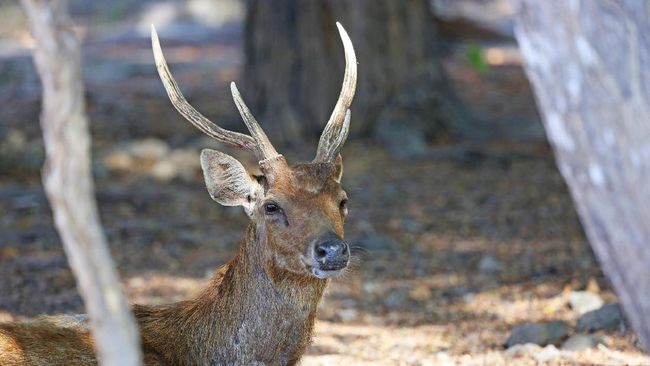The Javanese deer or the Timor deer (Cervus timorensis) is an endemic animal to Indonesia which has habitats in Java, Bali and Nusa Tenggara.
This animal has also officially become the mascot of the province of West Nusa Tenggara because its existence is starting to be threatened. The deer that is as thin as the reindeer doesn’t make the Javanese deer less unique than its relatives, let’s look at the facts!
Adaptable
The Javanese deer can adapt very well. They are able to survive in a wide variety of environmental and food conditions. So if friends see them gathering to form flocks, it means that there are many food sources available in that place!

Eaters of All Kinds of Plants
They are natural herbivores who like to eat whatever plants they find. They can consume up to 600 different types of plants without any problems, even poisonous mushrooms.
Known for their adaptability, this animal can follow human development and eat whatever is planted.
Unique Digestion
These animals have “4 stomach chambers” which are very helpful in digesting food. Sometimes, they regurgitate whatever was swallow and then re-chew it. This is done so that the food becomes easier to digest.
Keratinized Horn
The male has bony horns and will feel warm when held because these animals’ horns are made of keratin.
Because of this, males are very protective of their horns and these animals prefer to fight with their hooves rather than risking their horns.

Unique mating habits
Males also have unique habits when they are about to mate, you know, friends! They will decorate the horns with grass and twigs to attract females and intimidate other males.
IUCN Status
According to the IUCN Red List, the Javan Deer is includ in the vulnerable category. This is because the population in their habitat continues to decrease. Even its distribution is estimate to be less than 10,000 individuals in the wild due to poaching.
One of the efforts to preserve the Javan deer is through conservation efforts such as the Bali Safari Park. By visiting Bali Safari Park, friends have participated in the wildlife conservation program!






